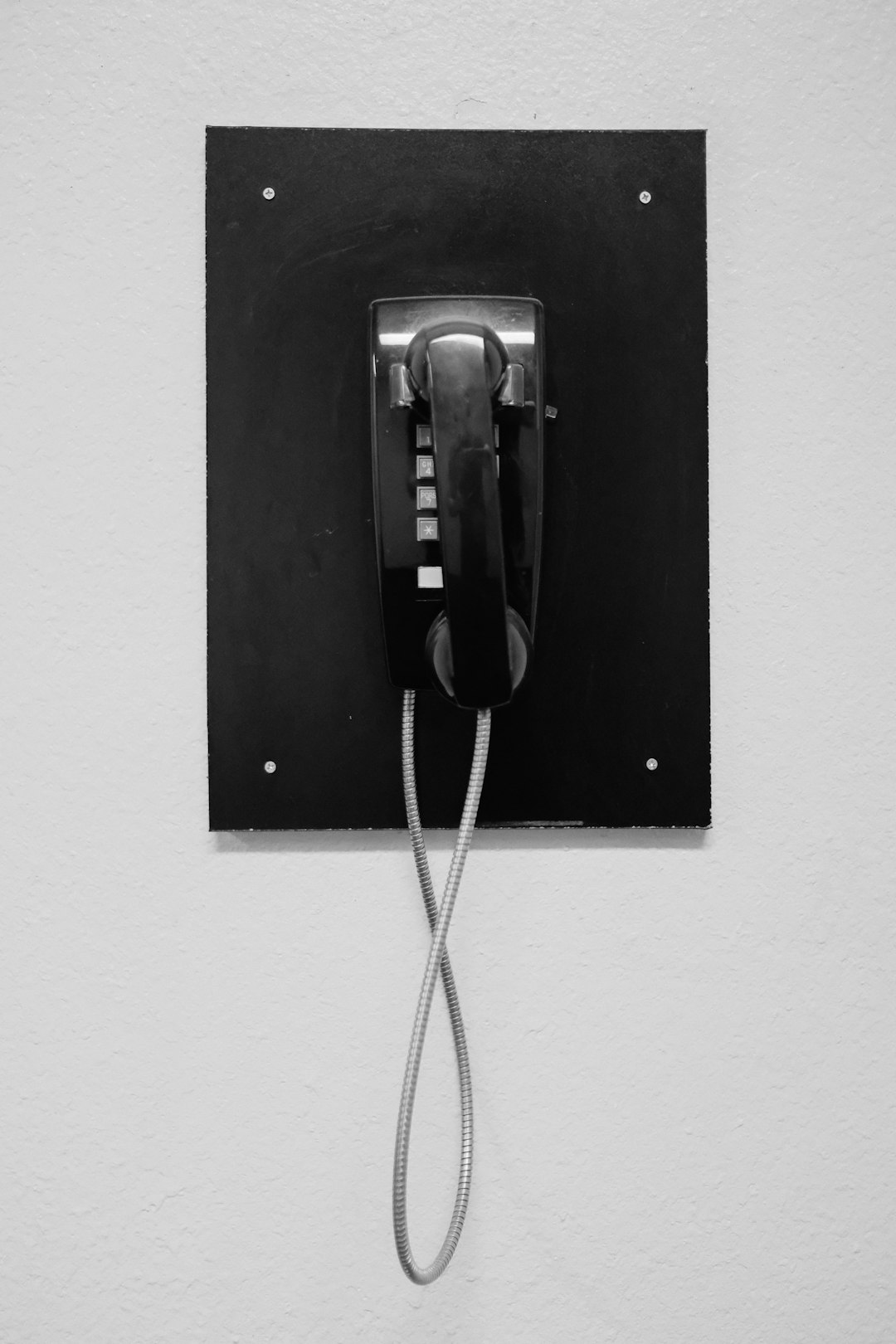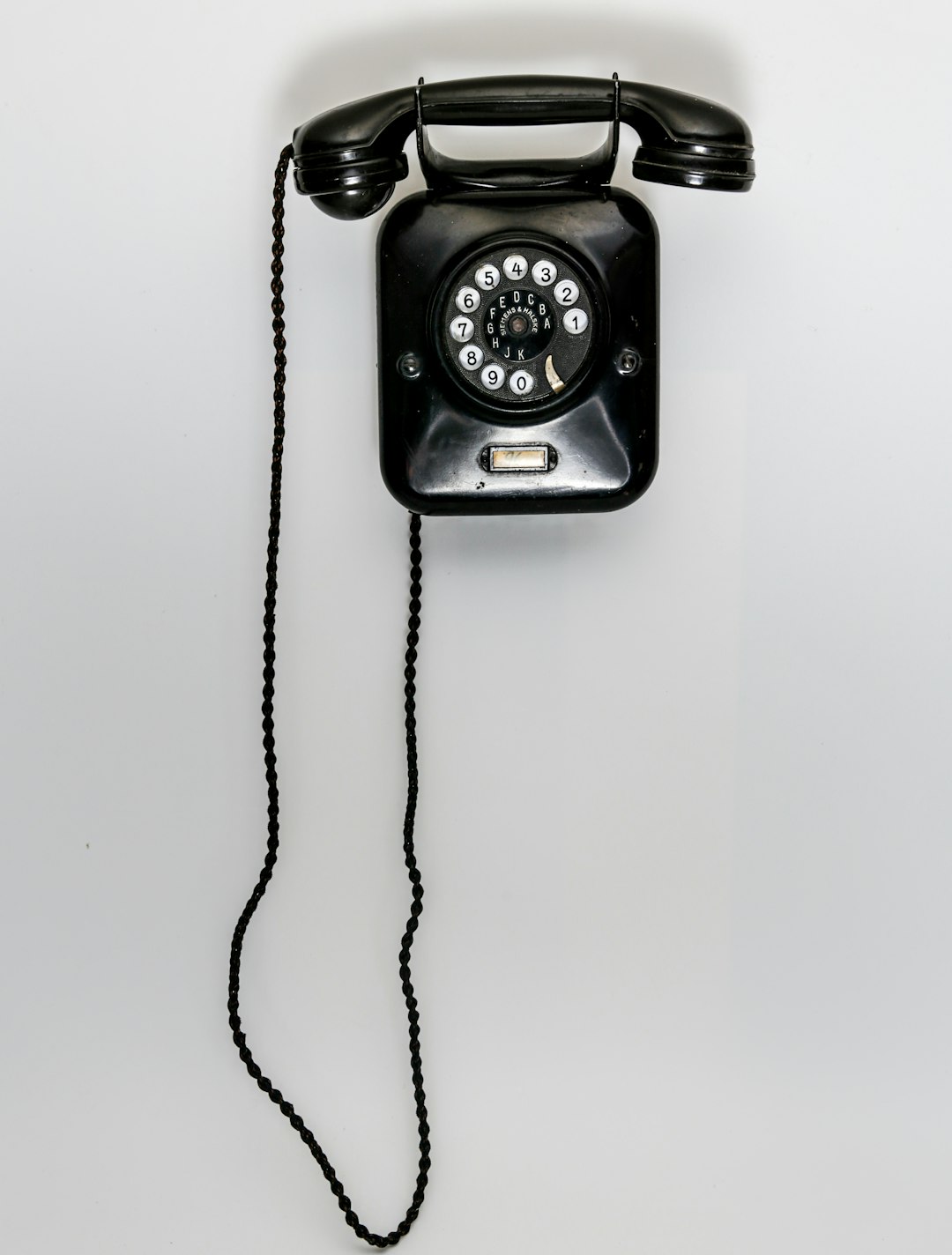In Illinois, the Illinois Debt Collection Act (IDCA) protects consumers from unfair debt collection practices by dictating communication protocols and fee structures for collectors. If rights are violated, consulting a lawyer specializing in Illinois debt collector laws is advisable for options like disputing debts, negotiating settlements, or filing complaints against offending collectors. These professionals ensure protection under state-specific regulations, such as the FDCPA, and can navigate complex issues to safeguard financial stability and peace of mind.
In the state of Illinois, both debtors and creditors have rights and protections under strict debt collection laws. Understanding these regulations is crucial for consumers navigating potential harassment or unfair practices from debt collectors. This comprehensive overview examines Illinois’ legal framework, highlighting consumer rights and the boundaries debt collectors must adhere to. If you’re facing debt collector issues, knowing your rights—and when to hire a lawyer—can be a game-changer. Explore these key aspects to ensure fair treatment as per Illinois debt collection laws.
Illinois Debt Collection Laws: An Overview

Illinois has specific laws in place to protect consumers from unfair or abusive debt collection practices. The Illinois Debt Collection Act (IDCA) governs how debt collectors can interact with debtors, setting forth rules regarding communication methods, fees, and disclosure requirements. Under this act, debt collectors must provide validation of the debt and adhere to strict guidelines when contacting consumers, including restrictions on the frequency and time of day they can call.
If a consumer believes their rights have been violated by a debt collector, they may take legal action. Engaging a lawyer specializing in debt collector laws in Illinois can be beneficial in navigating these complex issues. These professionals are well-versed in the IDCA and can guide consumers through options like disputing debts, negotiating settlements, or filing complaints against abusive collectors.
Consumer Rights and Protections in Illinois

In Illinois, consumer rights and protections are in place to ensure fair treatment by debt collectors. The Illinois Debt Collection Act (IDCA) outlines strict rules for debt collectors operating within the state, providing significant safeguards for consumers. Under this act, debt collectors must adhere to specific practices, including providing proper notice and avoiding abusive or harassing behavior. Consumers have the right to dispute the validity of a debt and request verification from the collector. This law also caps the amount of money a debt collector can charge for collecting a debt, protecting consumers from excessive fees.
If a consumer feels their rights have been violated by a debt collector, they have legal recourse. Consulting with an experienced lawyer specializing in debt collector laws in Illinois is advisable. These attorneys can guide consumers through their options, including filing complaints with relevant authorities or pursuing legal action to recover damages. Understanding and knowing these rights is essential for any Illinois resident facing debt collection issues, empowering them to protect themselves effectively.
Unlawful Debt Collection Practices: What to Watch Out For

Debt collectors in Illinois must adhere to strict regulations to protect consumers from unfair and aggressive collection practices. Unlawful debt collection practices include using deceptive or misleading statements, making false promises about payment plans, or threatening to take actions they cannot legally execute. Collectors are prohibited from contacting consumers at unreasonable times or places, using obscene language, or harassing or abusing them in any way.
If you’re being targeted by a debt collector and feel your rights are being violated, it’s crucial to consult with a lawyer specializing in Illinois debt collector laws. They can guide you on how to navigate these complex regulations and protect yourself from unfair practices that may impact your financial stability and peace of mind.
When to Hire a Lawyer for Debt Collector Issues in Illinois

If you’re facing debt collection issues in Illinois, considering whether to hire a lawyer can be a crucial decision. While many people attempt to resolve these matters themselves, complex legal nuances often arise with Illinois debt collector laws that require professional guidance. A lawyer specializing in debt collection law can help navigate these complexities and ensure your rights are protected under state legislation, such as the Fair Debt Collection Practices Act (FDCPA).
Hiring a lawyer is particularly important if you believe your rights have been violated during the debt collection process. They can investigate claims of harassment, unfair practices, or incorrect information being used against you. Legal counsel can also assist in negotiating with collectors, disputing inaccurate debts, and taking appropriate legal action if necessary, which could include suing the collector or seeking damages for violations of your consumer rights.






